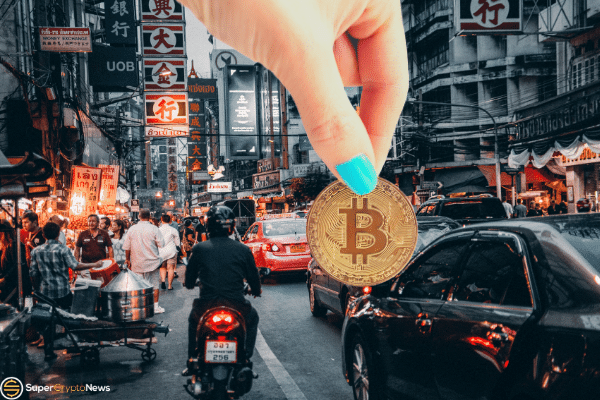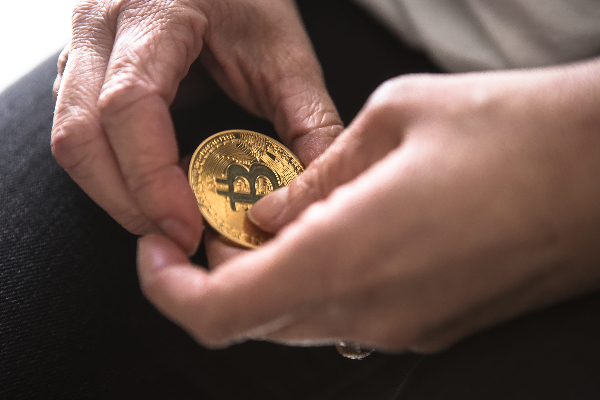Srettha Thavisin, a real estate mogul and candidate for the Prime Minister of Thailand, has promised to distribute digital currency worth approximately $300 to every citizen if his party, Pheu Thai, wins the upcoming general election in May. The move is viewed as an economic stimulus package and an efficient way to distribute financial relief to Thai citizens struggling with high household debt, media reports said.
Thavisin’s announcement has sparked a debate among local stakeholders, with some calling it a “marketing gimmick” while others are hailing it as an innovative way to distribute economic stimulus. However, according to Thanakorn Wangboonkongchana, a prime minister’s office minister quoted by the Bangkok Post, the move would significantly affect the entire country’s financial system.
While the announcement has been met with some skepticism, recent polls show that the upcoming election will be close, with Pheu Thai polling at around 46%. Nevertheless, Thavisin’s announcement has undoubtedly garnered significant attention for his party and could sway undecided voters in their favor.
If Pheu Thai does win the election, it remains to be seen which tokens will be used for the airdrop, given that Thai baht stablecoins were declared illegal by the Bank of Thailand in 2021. Nonetheless, Thavisin’s proposal has highlighted the potential of cryptocurrency and blockchain technology in promoting economic growth and providing relief to citizens.
This is not the first time cryptocurrency has played a prominent role in an Asian election. For example, in South Korea’s March 2022 election, President Yoon Suk-Yeol’s proposal to deregulate crypto helped him edge ahead of his opponent and win office by a margin of less than 1%.
Thavisin’s proposal has sparked a meaningful conversation about the potential of digital currencies to promote economic growth and provide relief to citizens while highlighting the need for regulatory clarity around the use of cryptocurrency in mainstream economic activity. As Thailand and other countries in the region continue to grapple with financial challenges, it will be interesting to see how blockchain and digital currencies are incorporated into their economic strategies.



